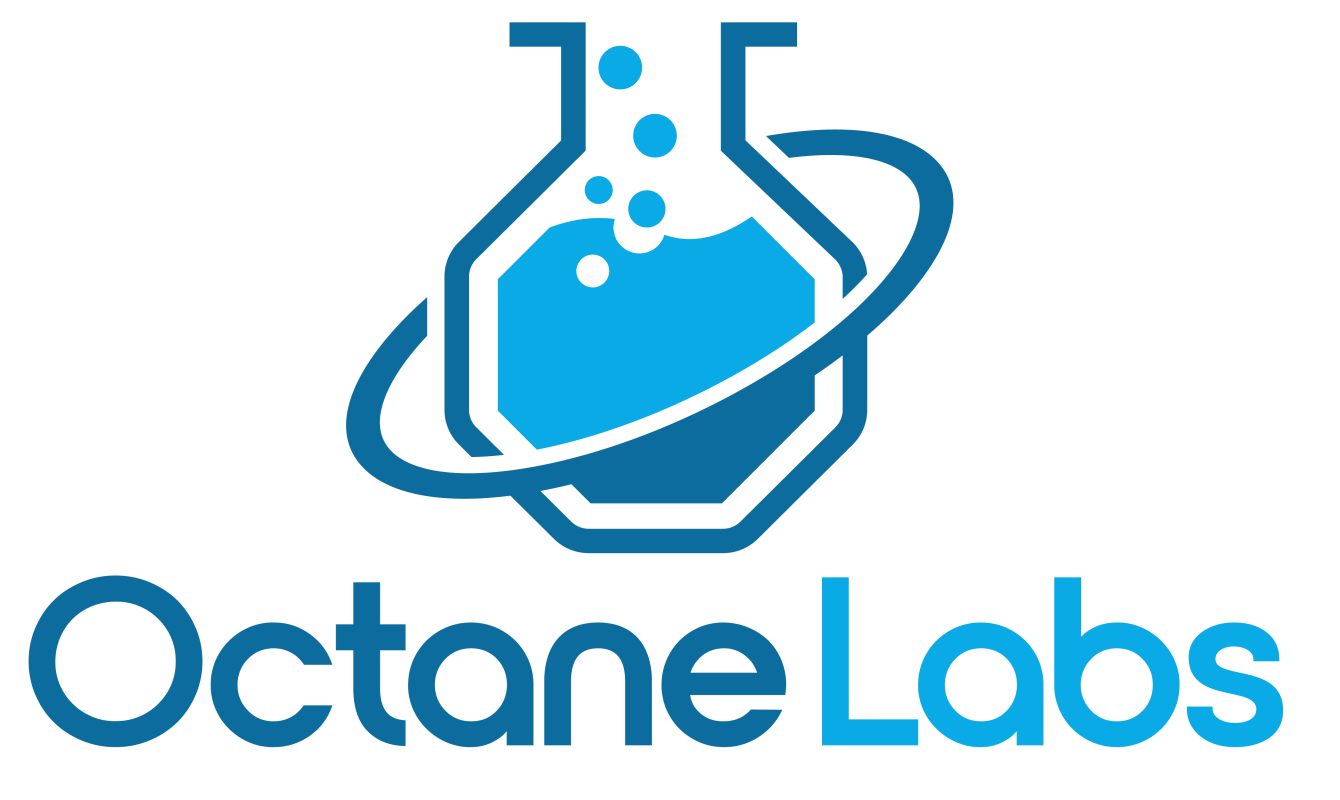Understanding Off-Page SEO: More Than Just Link Building
Off-Page SEO, a crucial aspect of the broader search engine optimization landscape, often remains shrouded in mystery and misconceptions. Predominantly known for link building, Off-Page SEO encompasses a range of strategies and practices beyond just acquiring backlinks. It plays a pivotal role in enhancing your website’s credibility, authority, and online presence, which are key factors in determining your site’s ranking on search engine results pages (SERPs).
At its core, Off-Page SEO is about building your website’s reputation and visibility. This process involves several elements, including but not limited to link building, social media marketing, influencer outreach, and content marketing. Each of these elements works collectively to boost your site’s authority and, in turn, its search engine ranking.
The Importance of Off-Page SEO
In SEO, both on-page and off-page strategies are essential to get your website to rank higher (and of course create authority). While on-page SEO focuses on optimizing elements within your website, off-page SEO is all about enhancing its perception in the digital world. Search engines like Google use numerous off-page factors to gauge a site’s authority and trustworthiness, which significantly impacts its search rankings.
One of the primary components of Off-Page SEO is backlinks, which are links from other websites to yours. These act as votes of confidence, signalling to search engines that other sites find your content valuable and relevant. However, it’s not just the quantity of backlinks that matters but also their quality. Links from reputable, high-authority sites carry more weight and contribute more significantly to your site’s ranking.
But Off-Page SEO isn’t limited to link building. Your presence and activity on social media platforms can also influence your SEO. Social signals, such as likes, shares, and comments, may indirectly affect your search engine rankings by increasing your content’s reach and visibility. Furthermore, engaging with influencers and thought leaders in your industry can amplify your content’s exposure and build more natural backlinks.
Real-Life Applications of Off-Page SEO
Understanding the theoretical aspects of Off-Page SEO is one thing, but seeing its application in real life brings a whole new level of clarity. Let’s explore some practical examples where effective Off-Page SEO strategies have been employed, showcasing their impact and importance.
- Backlink Success Story: A small e-commerce business specializing in handmade crafts started a blog section on their website. By consistently publishing high-quality, relevant content, they attracted the attention of a well-known crafts influencer. This influencer shared one of their blog posts on her social media and linked to it from her website. This single high-quality backlink not only drove significant traffic to the e-commerce site but also improved its search engine rankings for several key terms related to their products.
- Social Media Influence: A local restaurant made waves on social media by engaging with their customers through interactive posts and responding promptly to reviews and comments. They also encouraged customers to share their dining experiences online. This social media activity, while not a direct ranking factor, increased their online visibility and led to an increase in their website traffic, indirectly boosting their SEO efforts.
- Content Marketing Impact: A tech startup focusing on sustainable energy solutions published an in-depth research article on the future of renewable energy. The article was well-received and cited by several authoritative news portals and blogs in the energy sector. This not only established the startup as a thought leader in their niche but also earned them valuable backlinks and improved their search engine visibility.
These examples illustrate that Off-Page SEO, when done correctly, can significantly impact a website’s reputation, visibility, and search engine ranking. By leveraging tactics like quality link building, social media engagement, and influential content marketing, businesses can effectively enhance their online presence and authority.
So How Do You Implement Off-Page SEO Strategies?

Now that we understand the importance of Off-Page SEO and have seen real-life examples, let’s dive into a practical, step-by-step approach to implementing these strategies for your website.
Step 1: Develop a High-Quality Link Building Plan
- Research Potential Link Sources: Identify authoritative websites, blogs, and forums relevant to your niche.
- Create Link-Worthy Content: Develop content that provides value, such as how-to guides, infographics, and research studies.
- Reach Out for Backlinks: Contact website owners and bloggers to request linking to your content.
Step 2: Engage Actively on Social Media
- Choose the Right Platforms: Focus on social media platforms where your target audience is most active.
- Post Regularly: Maintain a consistent posting schedule with engaging and relevant content.
- Interact with Your Audience: Respond to comments, messages, and engage in conversations to build a community.
Step 3: Collaborate with Influencers and Industry Leaders
- Identify Influencers: Look for influencers who share your target audience and have a good engagement rate.
- Propose Collaborations: Reach out with tailored proposals for guest posts, interviews, or co-created content.
- Leverage Their Reach: Use these collaborations to tap into their follower base and gain exposure.
Step 4: Participate in Forums and Online Communities
- Find Relevant Forums: Join forums and online communities related to your niche.
- Be an Active Contributor: Share your expertise, answer questions, and provide valuable insights.
- Build Relationships: Engage with other members to build trust and recognition for your brand.
Step 5: Monitor and Improve Your Off-Page SEO Efforts
- Track Your Backlinks: Use tools to monitor your backlink profile and identify valuable links.
- Analyze Social Media Engagement: Review your social media analytics to understand what content resonates with your audience.
- Adjust Strategies as Needed: Continuously refine your approach based on the performance and feedback.
Implementing these steps will help you create a robust Off-Page SEO strategy that enhances your website’s authority and visibility. Remember, Off-Page SEO is an ongoing process that requires consistent effort and adaptation to the evolving digital landscape.
Off-Page SEO is not a standalone task; it’s an integral part of a broader SEO strategy that includes on-page and technical SEO. The synergy between these different aspects of SEO ensures a holistic approach to improving your website’s search engine rankings and online presence. Off-Page SEO’s focus on building relationships, garnering respect, and establishing authority in the digital realm complements the on-site efforts of optimizing content and website structure.
One of the most important aspects to remember about Off-Page SEO is that it’s a long-term investment. The fruits of your labor in link building, social media engagement, influencer collaborations, and community participation often take time to materialize. Patience and persistence are key. Consistently applying best practices and continuously refining your approach based on performance metrics and feedback will eventually lead to significant improvements in your website’s authority and search engine rankings.
If you’re looking to enhance your website’s SEO and want professional assistance, consider our services at Main Street Digital Marketing’s SEO Services. Our team of experts are equipped to help you with your Off-Page SEO needs and increase your website’s authority.

